(ECNS)-- In May, Moscow is adorned with blooming flowers. Across the city, tributes to veterans—simple yet powerful Russian signs reading "Thank you!"—are everywhere. For Natalia Khryukina, chairwoman of the Association of Descendants of Russian Volunteer Pilots Who Aided China, these symbols carry extraordinary historical significance.
A weathered military cap, two "Hero of the Soviet Union" gold star medals, and a collection of carefully-preserved frontline photographs are the legacy of her father, Timofey Khryukin, who served as the Commander of the Bomber Unit in the Soviet Volunteer Air Corps to China. They are also fragments of a unique chapter in China-Soviet anti-fascist war history.
In 1938, at 28 , Khryukin heeded the calling and became the commander of a bomber unit in the Soviet volunteer air corps. Under the alias "Hu Jintou," he engaged in fierce combat against Japanese forces, carrying out over a hundred bombing missions against Japanese forces.
"Three bombs struck an aircraft carrier. The first hit the stern, sending thick smoke and broken parts into the air. The second hit the bow and the third pierced the deck, detonating inside the hull," Khryukina recounted.
"On July 8, 1938, Japanese aircraft carrier Ryūjō, carrying 40 planes, was destroyed by the Chinese Air Force at the Yangtze River estuary," she said.
For his service, Khryukin was awarded the title "Hero of the Soviet Union" in 1939.
"China remembers this feat......In China, there is an exhibition in a big museum in Wuhan," Khryukina continued. The museum preserves the portrait of Khryukin, his biography, and other materials.
"Chinese Embassy in Russia regularly invite us to their receptions, celebrations and important events, cementing enduring ties between the two nations," Khryukina said.
Fulfilling the mission in China, Khryukin returned to the Soviet Union and fought heroically in the Great Patriotic War. In June 1940, at 30, Khryukin became the youngest general in the Red Army. Later, he led the 1st Air Army of the 3rd Belorussian Front and played a crucial role in the liberation of Belarus, the Baltic States, and the East Prussian Offensive.
"My father received two ‘Hero of the Soviet Union' gold stars. The first was for his extraordinary feat in China and the second, for his role in Operation Bagration, which liberated K?nigsberg (now Kaliningrad)," Khryukina explained.
In 1953, at the age of 43, Khryukin succumbed to injuries from a car accident, ending his life as a "soaring eagle" of the skies. Yet his legacy endures. History will forever remember this young "eagle" who once flew bravely across China's azure skies.








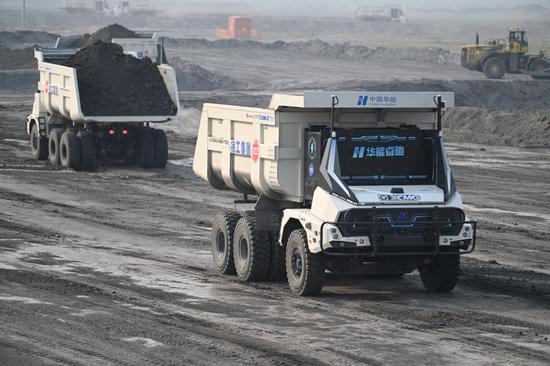
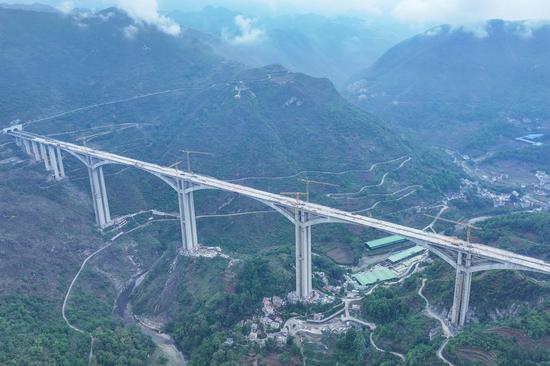
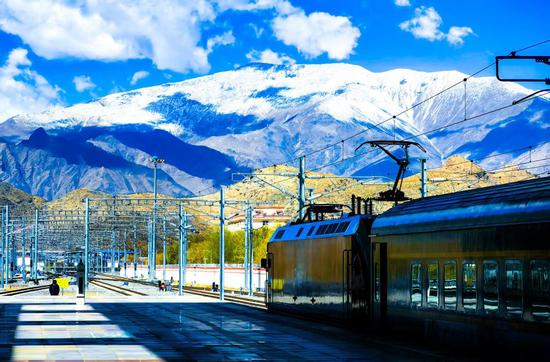
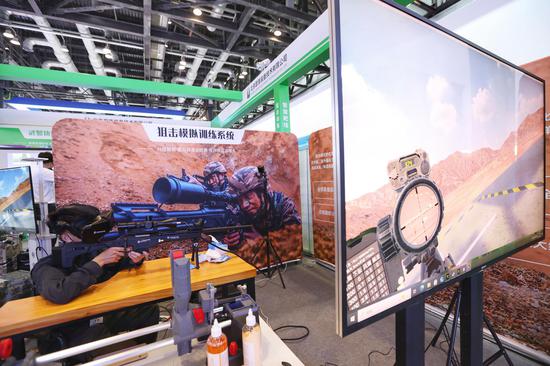
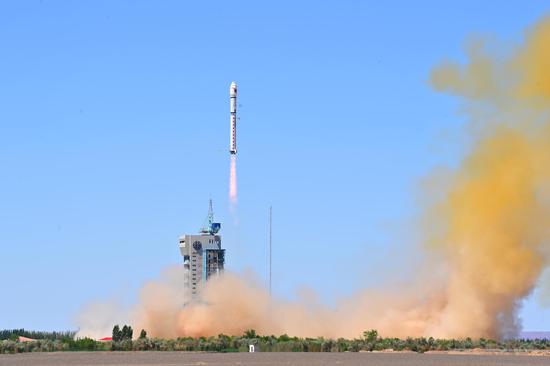
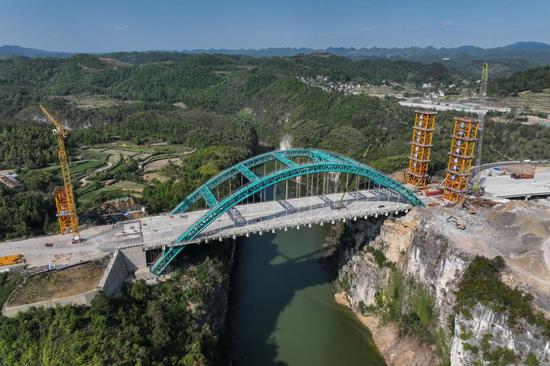
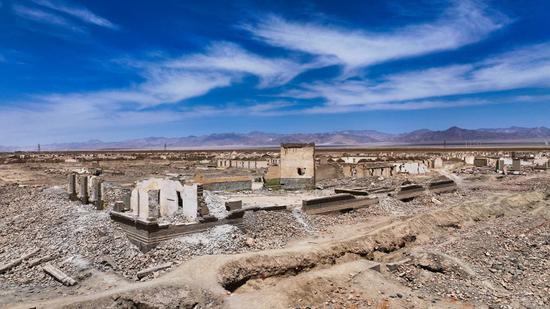
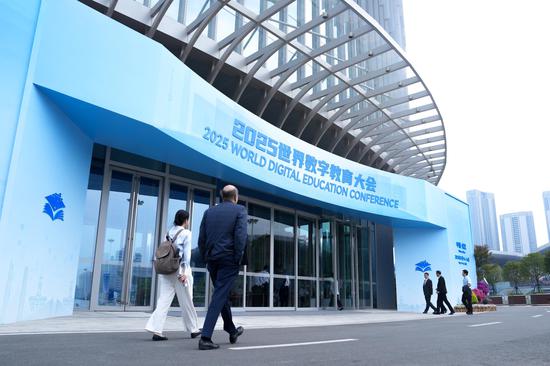
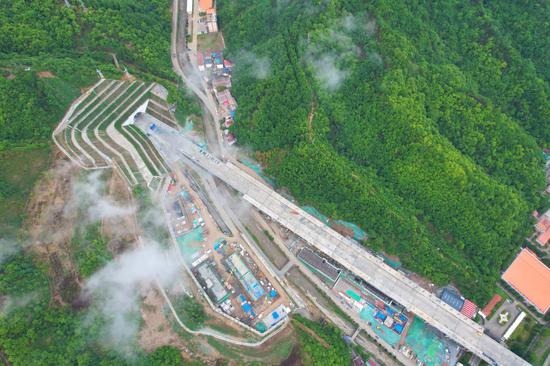
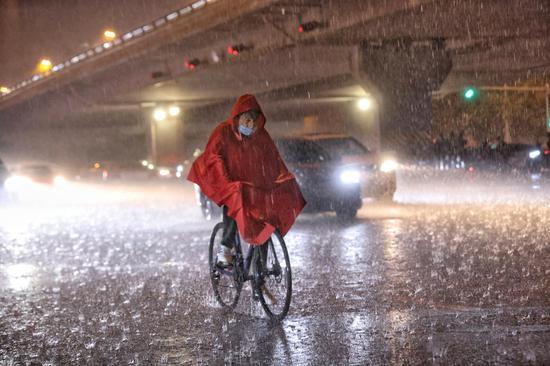
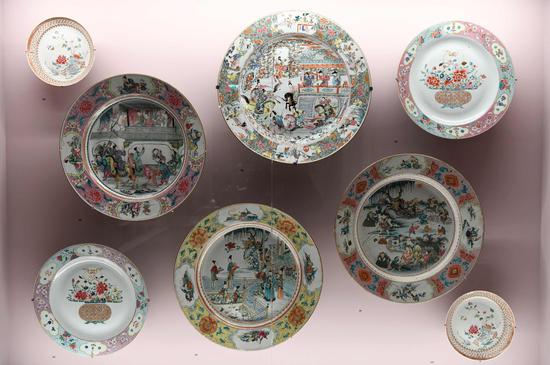
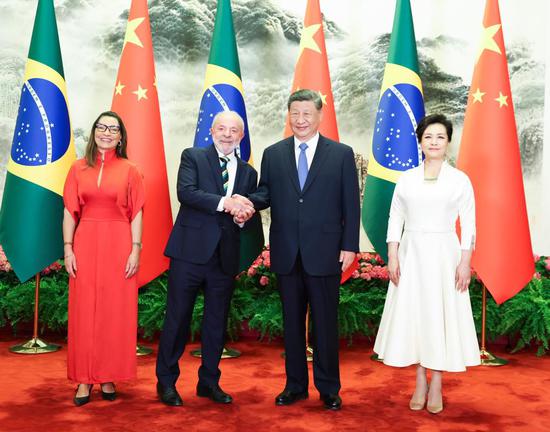

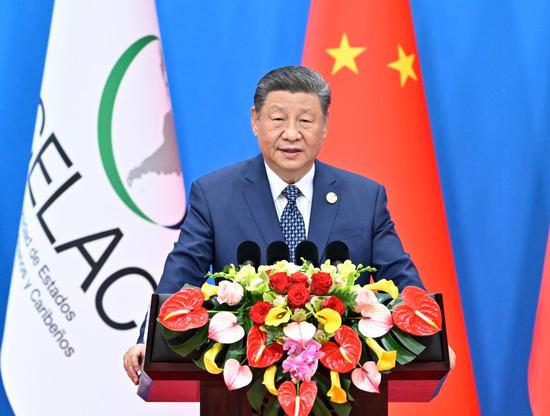
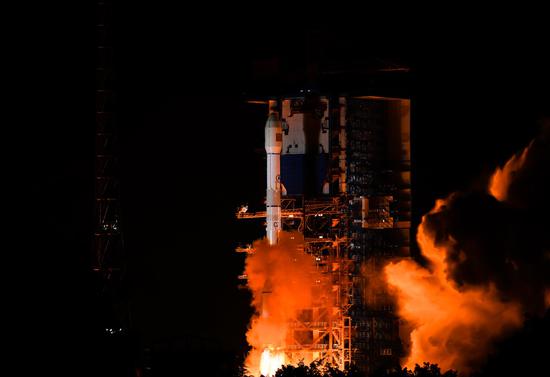
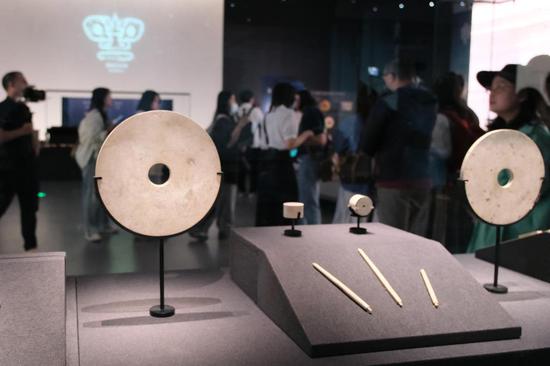
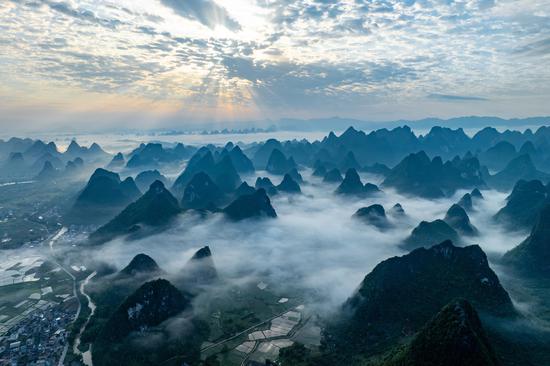
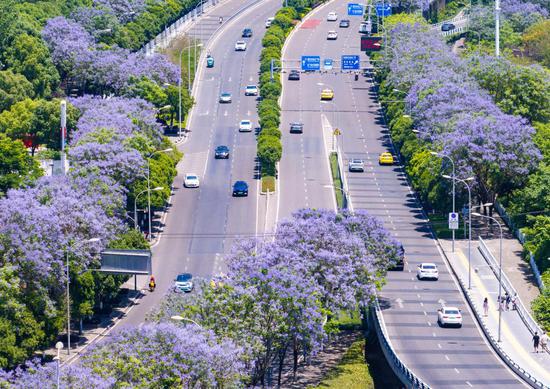
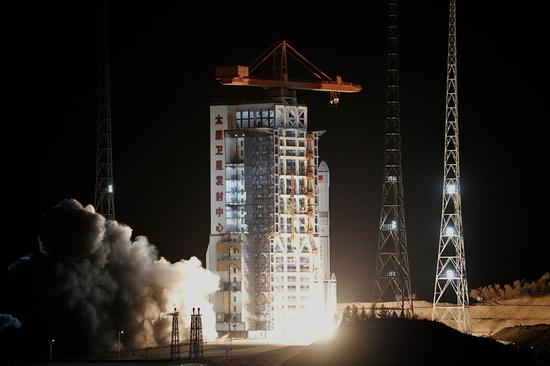
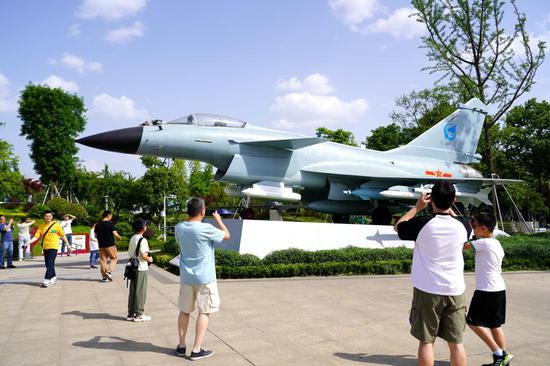
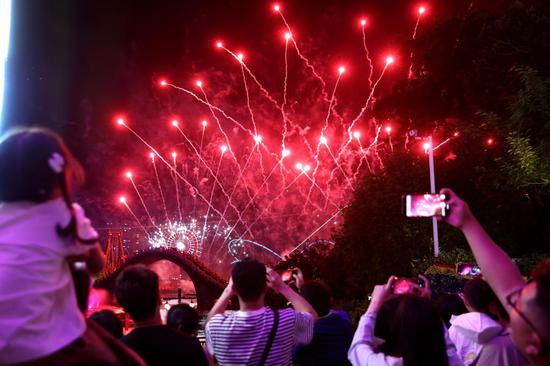
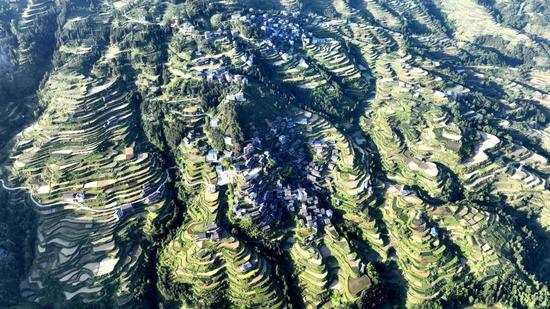
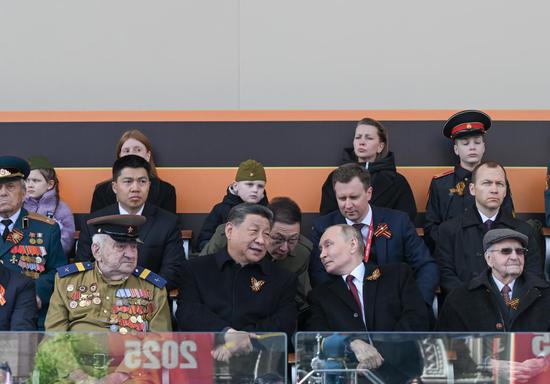
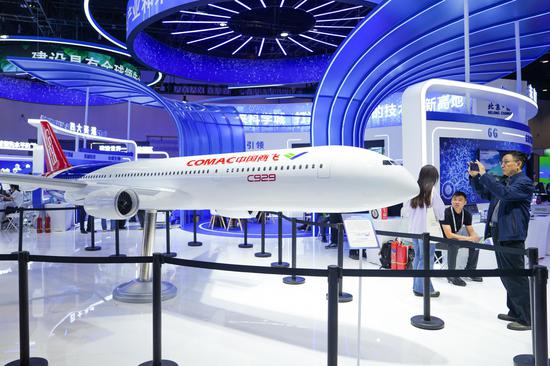
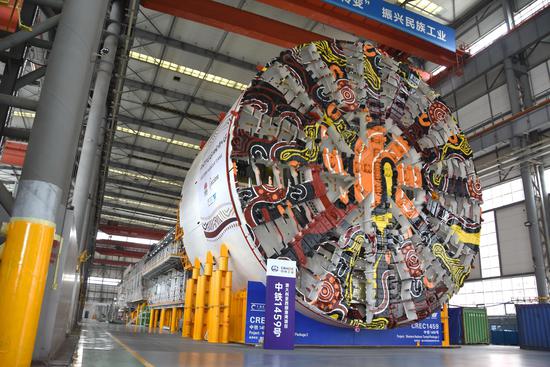
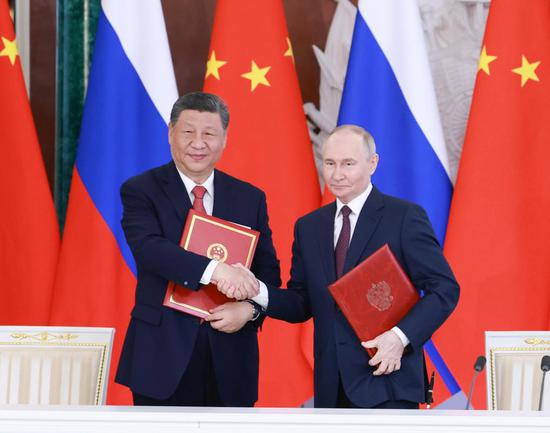
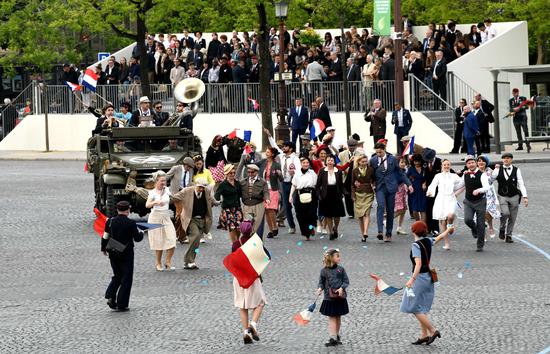
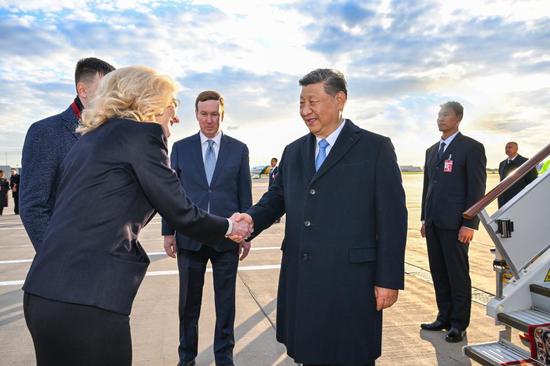
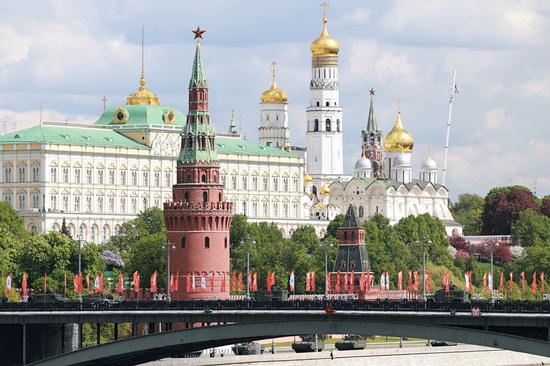
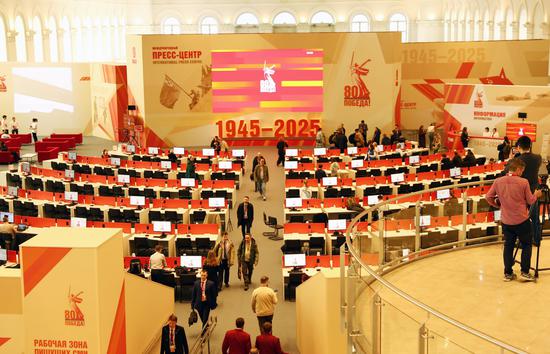
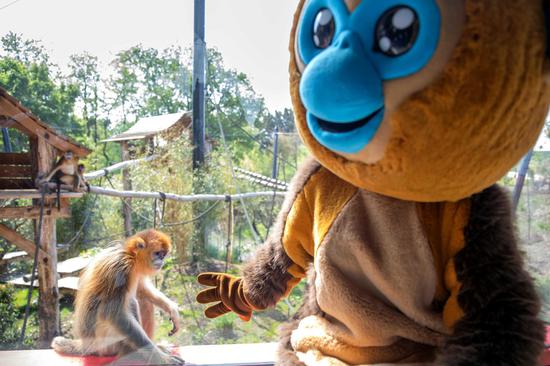
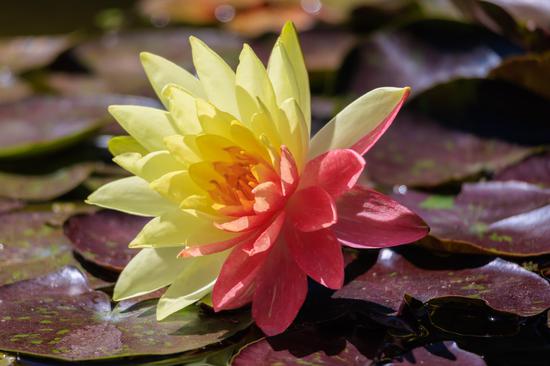
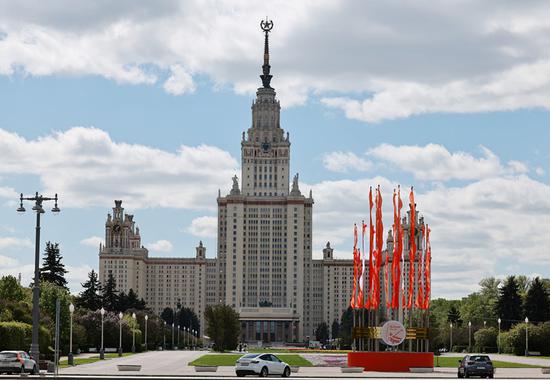
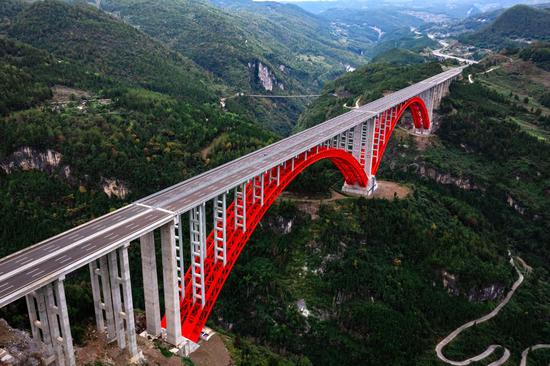

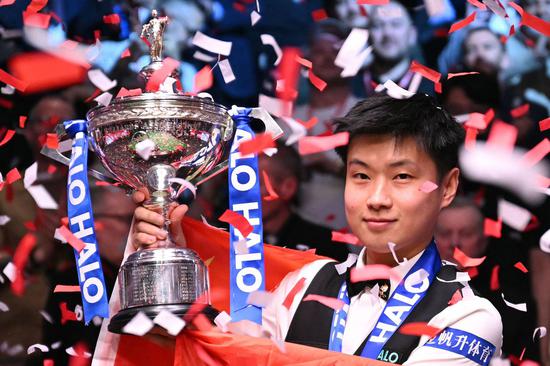


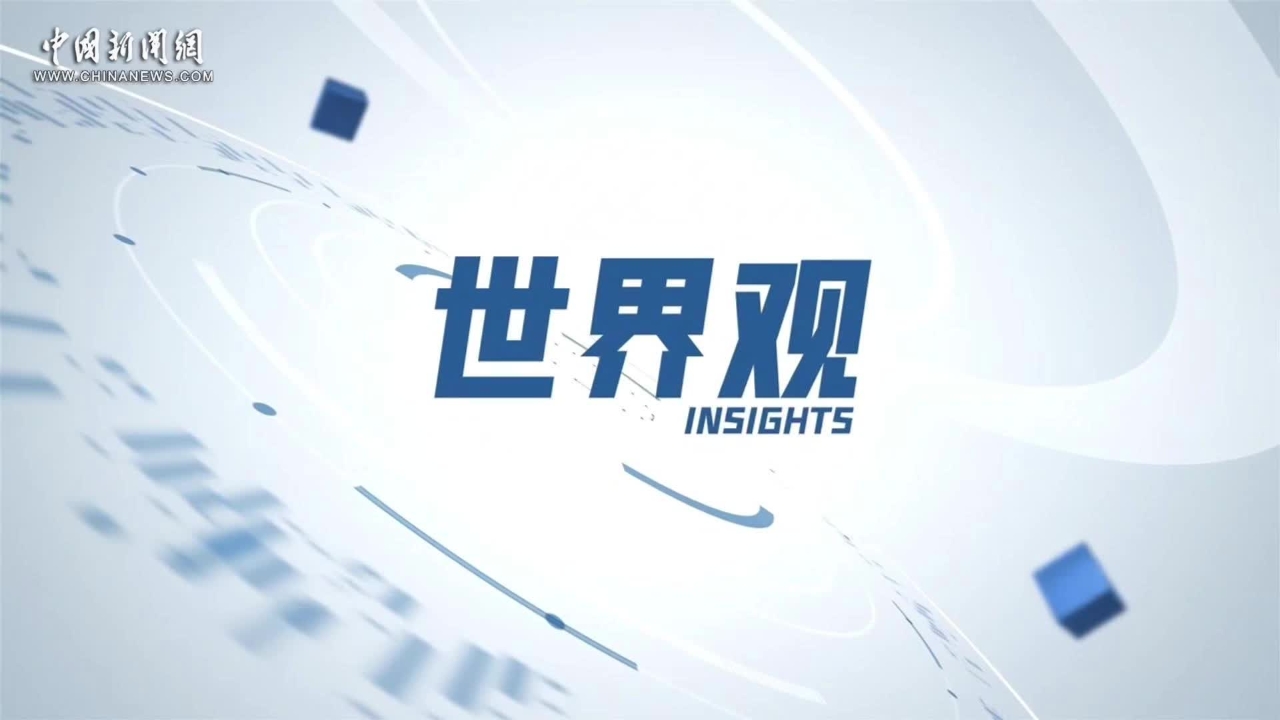

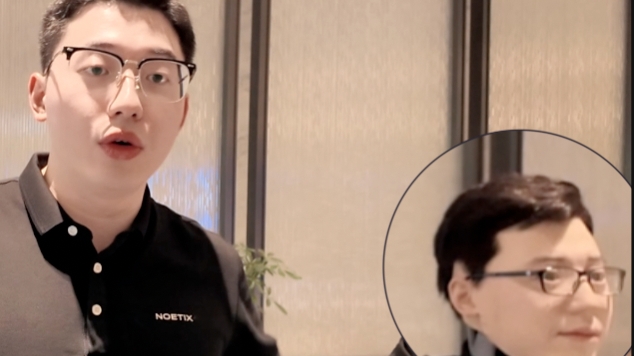

 京公網安備 11010202009201號
京公網安備 11010202009201號